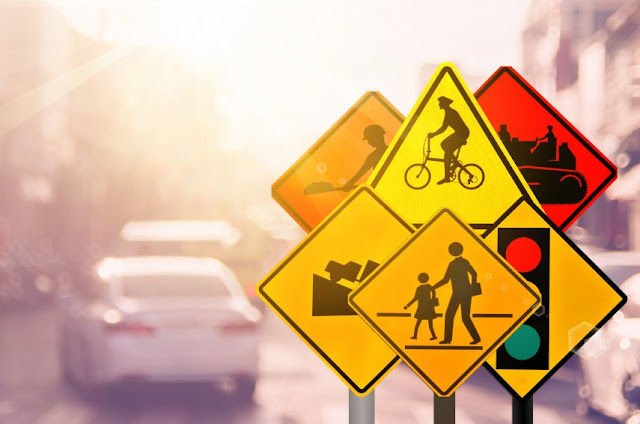Why in News :- Recently, the Minister of Road Transport & Highways represented India at the 3rd Global Ministerial Conference on Road Safety in Stockholm (Sweden).
It is organised by the World Health Organization (WHO) in association with the World Bank and minister-led delegations from more than 80 countries.
Key Points :-
- Theme: The theme of the conference is ‘Achieving Global Goals 2030’.
- Objectives: It intends to bring road safety on the global agenda and renew the world community's commitment to safer roads.
- It also aims to define ways to accelerate action on proven strategies to save lives.
Highlights:
The conference adopted the “Stockholm Declaration” which calls for a new global target for road safety for 2030 and a set of innovative solutions to save lives on the world’s roads. It also aims to share successes and lessons from the implementation of the Global Plan for the Decade of Action for Road Safety 2011–2020.
India has reaffirmed its commitment to the United Nations goal set under the UN Decade of Action of drastically reducing road accidents by the year 2030 during the event.
Global Initiatives for Road Safety :-
Brasilia Declaration on Road Safety :-
The declaration was signed in 2015 at the second Global High-Level Conference on Road Safety held in Brazil. The first conference was held in Russia (2009). Through the Brasilia Declaration countries plan to achieve the Sustainable Development Goal 3.6 i.e.to half the number of global deaths and injuries from road traffic accidents by 2030. The United Nations has also declared 2011-2020 as the decade of action for Road Safety.
UN Global Road Safety Week :- It is celebrated every two years, the fifth edition of the UN Global Road Safety Week (6-12 May 2019) highlighted the need for strong leadership for road safety.
The International Road Assessment Programme (iRAP) :- It is a registered charity dedicated to saving lives through safer road
National Initiatives for Road Safety :-
4 E’s for Road Safety: Ministry of Road Transport & Highways had formulated a multi-pronged strategy based on 4 `E’s – Education, Engineering, Enforcement, Emergency Care.
Education: Awareness is generated through various Road Safety Campaigns utilizing audio-visual and other print media and through NGOs.
Engineering: The engineering measures are considered essential for adoption to help in improving road safety leading to reduction of accidents.
Enforcement: The enforcement of road transport-related rules and regulations (like The Motor Vehicles Act 1988 and Central Motor Vehicles Rules 1989) is an important aspect to ensure road safety.
Emergency Care: The scheme like National Highway Accident Relief Service Scheme (NHARSS) has been implemented to provide cranes and ambulances to States/UTs/NGOs for relief and rescue measures in the aftermath of accidents.
Justice K.S. Radhakrishnan Committee :- Supreme Court had set up the three-member KS Radhakrishnan panel on road safety in 2014. The SC had termed the roads in India as “giant killers”.
Motor Vehicles Amendment Act, 2019 :-
- It hikes the penalties for traffic violations, defective vehicles, juvenile driving, etc.
- It provides for a Motor Vehicle Accident Fund, which would provide compulsory insurance cover to all road users in India for certain types of accidents.
- It also provides for a National Road Safety Board, to be created by the Central Government through a notification.
- The act also provides for the protection of good samaritans.


Post a Comment